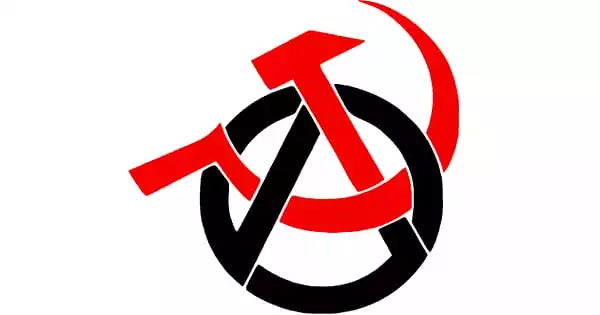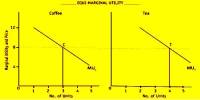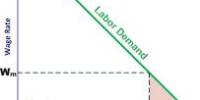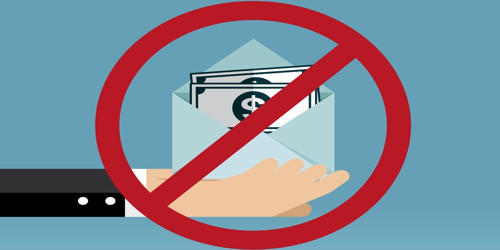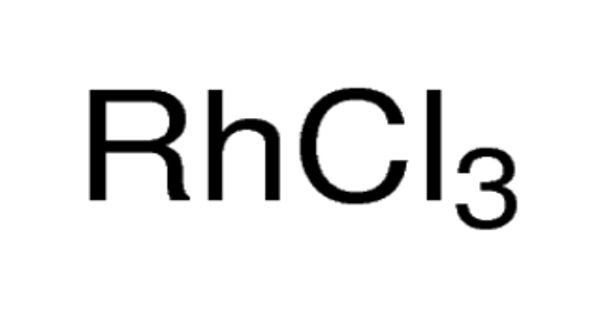Anarchy, derived from a Greek phrase that means “having no ruler,” is a belief system that rejects governmental authority in favor of self-government or community agreement, and has come to be associated with chaos and the breakdown of civil order. Anarchist economics is a set of economic theories and activities within the political theory of anarchist. Anarchist communism, anarchist socialism, green anarchism, and crypto-anarchism are all forms of anarchism.
Individualist anarchists believe in self-determination and oppose government authority, whereas social anarchists think that political power and resources should be shared equitably by all members of society. Many anarchists are anti-authoritarian anti-capitalists, and anarchism is commonly referred to as a sort of libertarian socialism, i.e. stateless socialism. Anarchists support personal property (defined in terms of possession and use, i.e. mutualist usufruct) and oppose capital concentration, interest, monopoly, private ownership of productive property such as the means of production (capital, land, and means of labor), profit, rent, usury, and wage slavery as inherent in capitalism.
Anarchism is a political theory that opposes government power and the development of hierarchies. Anarchism is frequently regarded as a radical left-wing or far-left movement, with much of its economics and legal philosophy reflecting anti-authoritarian, anti-statist, and libertarian interpretations of left-wing and socialist politics such as communism, collectivism, free-market, individualism, mutualism, participism, and syndicalism, among other libertarian socialist economics.
Because anarchism has historically been an anti-capitalist movement and seen as incompatible with capitalism, the majority of anarchist theorists do not consider anarcho-capitalism to be a part of the anarchist movement. The labor theory of value and socialist beliefs are retained by free-market individualist anarchists, as opposed to anarcho-capitalists.
Anarchists argue that typical capitalist institutions promote and reproduce oppressive forms of economic activity, such as private property (as in productive property rather than personal property), hierarchical production relations, collecting rents from private property, profiting from exchanges, and collecting interest on loans. Anarchists regard the ruling class as the primary rulers of society, including capitalists, landlords, and all other forms of involuntary, coercive hierarchy, socioeconomic rulership, and social stratification, with workers’ self-management, democratic education, and cooperative housing seen as removing such authority. Anarchists, unlike right-libertarians, support possession-based ownership rather than propertarianism.
